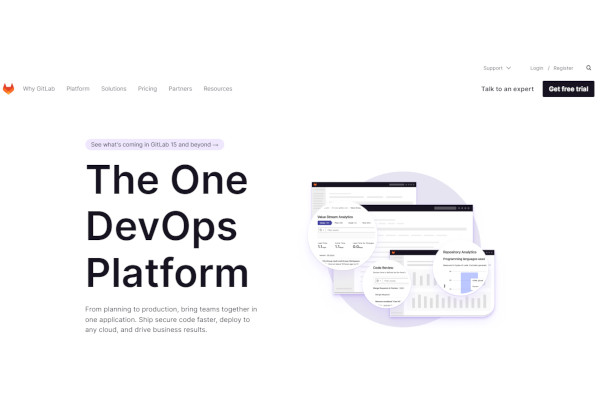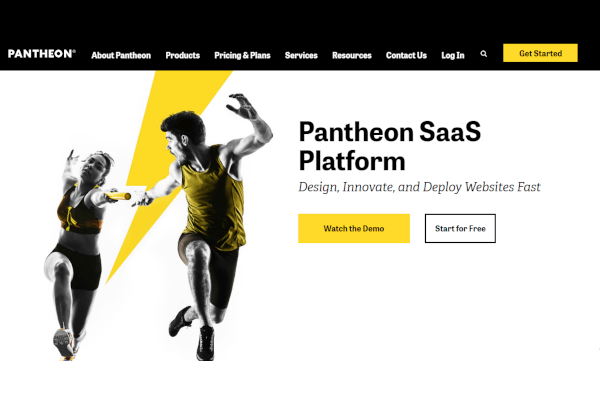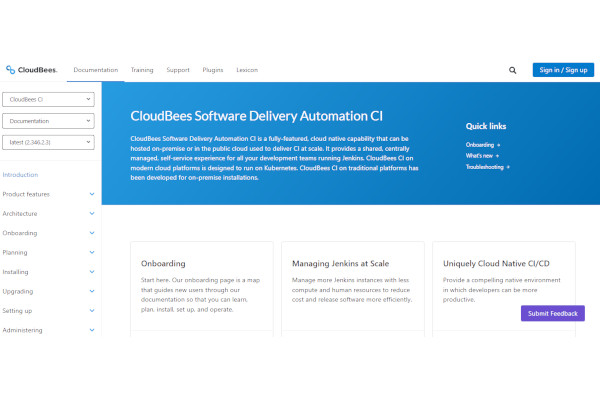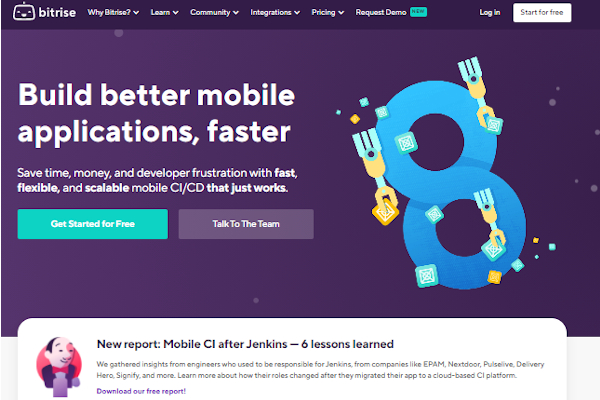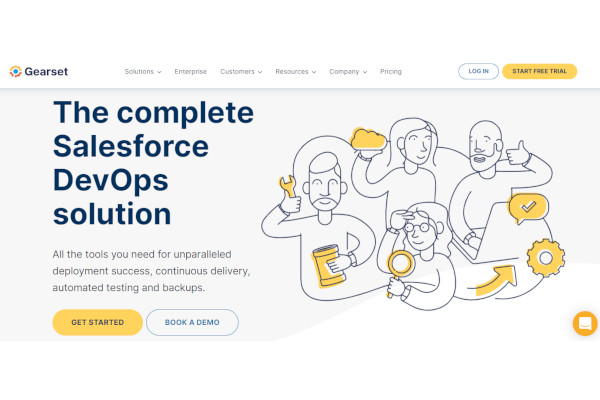Technology has become indispensable in today’s environment. Because of this need, programmers created a plethora of tools to aid businesses in their operations. However, because of the complexity of the software development process, developers often encounter challenges. Problems with technology should be addressed with similarly cutting-edge approaches. Here are some tools for making sure all of your code is perfectly unified: continuous integration.
10+ Best Continuous Integration Tools
1. GitLab
2. GitHub
3. Pantheon
4. CloudBees CI
5. CircleCI
6. Bitrise
7. Flosum
8. Buddy
9. Gearset
10. AutoRABIT
11. Codefresh
What Is Continuous Integration Software?
Multiple programmers and sets of data may be combined in a single software development effort. Since the system is always evolving, broken codes will always arise. There isn’t enough time or resources to do thorough vulnerability scans and address problems in the vast volume of data. To aid developers in efficiently monitoring vulnerabilities and correcting them, experts created continuous integration software. It’s a piece of cutting-edge software that helps streamline operations by sending out warnings, keeping track of appointments, and fostering better communication among programmers.
Benefits
In light of recent technology developments, it is common knowledge that conventional approaches no longer work. Creative answers are necessary for the efficient development of software. Costs may be cut, productivity can be increased, vulnerabilities can be tracked quickly, and cooperation can be strengthened all with the aid of continuous integration software. Feel secure in the functionality of your app with the help of this instrument.
Features
You should evaluate the software’s features and capabilities before making a purchase. Key to the software’s functionality and accomplishment of its goals are these two characteristics. Nonetheless, several available systems may fall short of your requirements. The program is also rather pricey, so be sure to do your homework before making a purchase. You may get information about the benefits and downsides of software by visiting websites that compare different programs. Here are some qualities to consider having:
- Business Process Automation
- Access Controls/Permissions
- Spend Management
- Status Tracking
- Strategic Planning
- File Sharing
- Financial Management
- Forecasting
Top 10 Continuous Integration Software
1. Buddy
To make DevOps more accessible, Buddy is a clever CI/CD solution for web developers. Software development, testing, and deployment are accomplished via the usage of delivery pipelines.
2. Jenkins
Jenkins is a platform-independent CI/CD technology used for automated, continuous testing of software development projects.
3. Buildbot
Buildbot is a first-rate program since it was written in Python and is compatible with the twisted framework. All the steps in deploying and testing complicated applications may be automated with the help of Buildbot, an open-source platform.
4. ThoughtWorks
When it comes to CI capabilities, ThoughtWorks is unrivaled. At a minimum once each day, ThoughtWorks’ code is integrated, and any issues are promptly and readily uncovered.
5. UrbanCode
IBM’s UrbanCode is a concept or solution for building applications with several layers. It automates application deployments in an organized way and enables continuous delivery, self-service, fast feedback, and incremental upgrades in an agile setting.
6. Perforce Helix
Perforce Helix is a standardized, open, and adaptable CI platform that works with all publicly available APIs. Many functionalities are available in this tool.
7. Bamboo
Bamboo is a continuous integration build server that does everything from building to testing to releasing automatically. The integration with JIRA and Bitbucket is seamless.
8. TeamCity
TeamCity is a sophisticated CI server with a wide range of functionality. Code coverage, code analysis, and avoiding code duplication are just some of the tasks that the tool’s automatic framework and configuration take care of for you.
9. CircleCI
CircleCI is another adaptable solution that can operate in a wide variety of settings, including Python API servers, Docker clusters, and cross-platform mobile apps.
10. Codeship
Codeship is a robust platform for automating the whole software development lifecycle, from coding to releasing. By doing a simple push to the repository, Codeship starts the automatic process.
FAQs
What do you mean by continuous deployment?
The concept of continuous deployment refers to the automation of software development as a whole. It’s the process that never ends as an application is built up to its ultimate step, production. With continuous deployment, contemporary software development firms may save money and time while increasing output. It streamlines operations by automating them and keeping track of changes accurately, which speeds up output.
How is continuous delivery done?
Continuous delivery is a complex activity of software development. It involves changes, bug fixing, configuration, vulnerability scanning, and more. It is a lean practice that aims to keep output fresh by using the shortest route possible. Continuous delivery is a prerequisite in software development since it paves the way for a speedy release of the product.
What makes software important?
Today’s businesses rely on sophisticated software that streamlines and improves a variety of operational processes. The demands and standards of today’s consumers are too high for conventional approaches to meet. The software’s sophisticated features and functions enable users to increase velocity and guarantee product quality before release.
The time and energy put into creating software are remarkable. During development, programmers make changes to the programs’ underlying code and other areas. As a result, merges may go to hell. Continuous integration software is useful because it enables automated testing and vulnerability monitoring. You can guarantee productiveness and efficiency in operations using this tool.
Related Posts
Top 7 .NET Tools Download Reviews
7+ Best Automation Testing Tools Download Reviews
7+ Best SSH Tools Download Reviews
7+ Best IIS Monitoring Tools Download Reviews
6+ Best Network Admin Tools Download Reviews
7+ Best Link Checker Tool Download Reviews
5+ Best Vector Design Tools Download Reviews
6+ Best Visual Database Tools Download Reviews
6+ Best Software Testing Tools Download Reviews
7+ Best Android Development Tools Download Reviews
7+ Best Source Code Analysis Tools Download Reviews
6+ Best Linux Emulator for Windows Download
7+ Best Presentation Tools Download Reviews
7+ Best Debugging Tools Download Reviews
7+ Best Data Quality Tools Download Reviews

